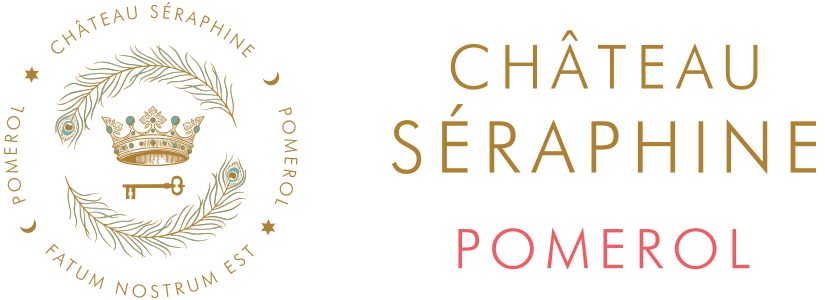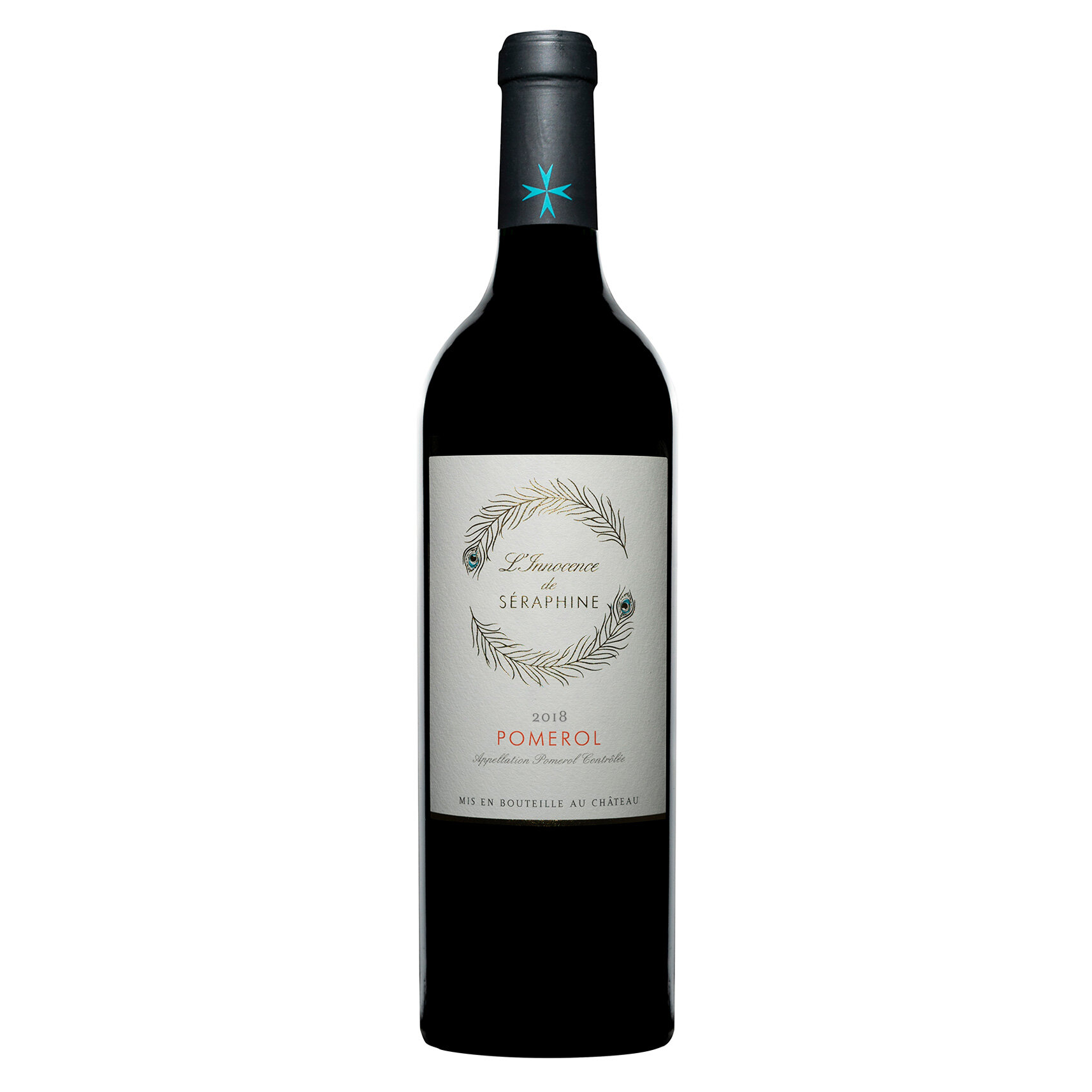L’Innocence de Séraphine 2018
“A lovely theme on the nose and on the palate of crushed grapes, plums and damson skins with a little cinnamon and clove and a scratch of white pepper and lilies that leads to a long persistent finish.”
— Colin Hay, Drinks Business International
Tasting Note
It shows great levity, purity and verticality especially on the nose of lovely fresh ripe dark fruit flavours of blackberries, black cherries and figs with hints of spice, mocha and some savoury notes. There is also a nice persistence, with the same vertical presence on the palate as one finds on the nose with more aromas of fresh black tea and a lovely nuttiness of walnuts and almonds, with just the slightest hint of frangipane and patisserie. This is deeply impressive with interesting terroir notes that are very pure, precise and focussed and the beautiful tannins are lovely, soft and refined.
Vineyard
Our vineyard has an overall surface of 2.2 hectares but is split into two parcels of vines. At Plince we have 1 hectare of vines situated on a well-draining slope of sandy topsoil over clay and deep gravels and 0.4h of this plot was replanted with Cabernet Franc in April 2017 at 8000 vines per/h.
The second block at Mazeyres is 1.2h and is also laid out in two distinct sections. The first part consists of a raised deposit of deep gravels on 0.6h and is planted with old Merlot vines.
The second part sits on a gently sloping 0.6h and is a patchwork of shallow sandy soils over gravels and blue clay (smectite) and was replanted with Merlot in April 2017 at 8,000 plants per/h.
We work exclusively by horse for all of our soil works including under row ploughing and tilling and employ eco-friendly viticultural practices. For the vineyard architecture we prefer a high leaf canopy and did a green harvest in August, as well as leaf thinning on the side of the rising sun.
Vinification
One day of cold soak (10°C) followed by alcoholic fermentation (26–28°C) for 9/10 days with regular ‘remontage’ and ‘pigeage’ and a single ‘delestage’.
Post fermentation extended maceration (30°C) for 3 weeks followed by malolactic fermentation in 300L French oak barrels (50% new, 50% second-fill) and then aged in barrels for 12–14 months.
Grape Variety: 100% Merlot
Alcohol: 13.5% by volume
RS: Less than 2 g/l
Production: 1600 bottles
2018 was a complicated, unusual and varied vintage with extraordinary amounts of winter rain followed by a humid early growing season but an exceptionally long, hot, dry summer, which produced perfect harvest conditions. The potential for greatness was clear, despite the obvious early risk in such humid conditions of mildew, which was more widely spread than any other vintage this century. Achieving the correct balance was the key to success and the late cold spell in early spring and the continued cool nights made up for the mild winter and provided the acidity and structure needed to accommodate the intense fruit and alcohol. Ultimately, the result of individual estates success will be defined by the timing and delivery of their vineyard management decisions and the winemaking techniques applied. However, we consider that the wines produced at Château Séraphine in 2018 show great potential and much promise for the future.
We commenced harvest on 19th September hand-picking the fruit at Plince into small baskets, which were then transferred to the winery where the fruit was carefully placed onto the fi rst sorting table and then de-stemmed using our precision CUBE system.
That was followed by a second selection by hand before passing directly into the fermentation tank. All of the fruit processing was done by hand and by gravity.
We then continued harvest on 20th September, picking the parcel at Mazeyres and once again, the fruit was processed immediately.
The average yield for the two parcels of vines was approximately 35hl/h which is regarded as fairly normal in Pomerol, although not all of the fruit will go into the Grand Vin.



